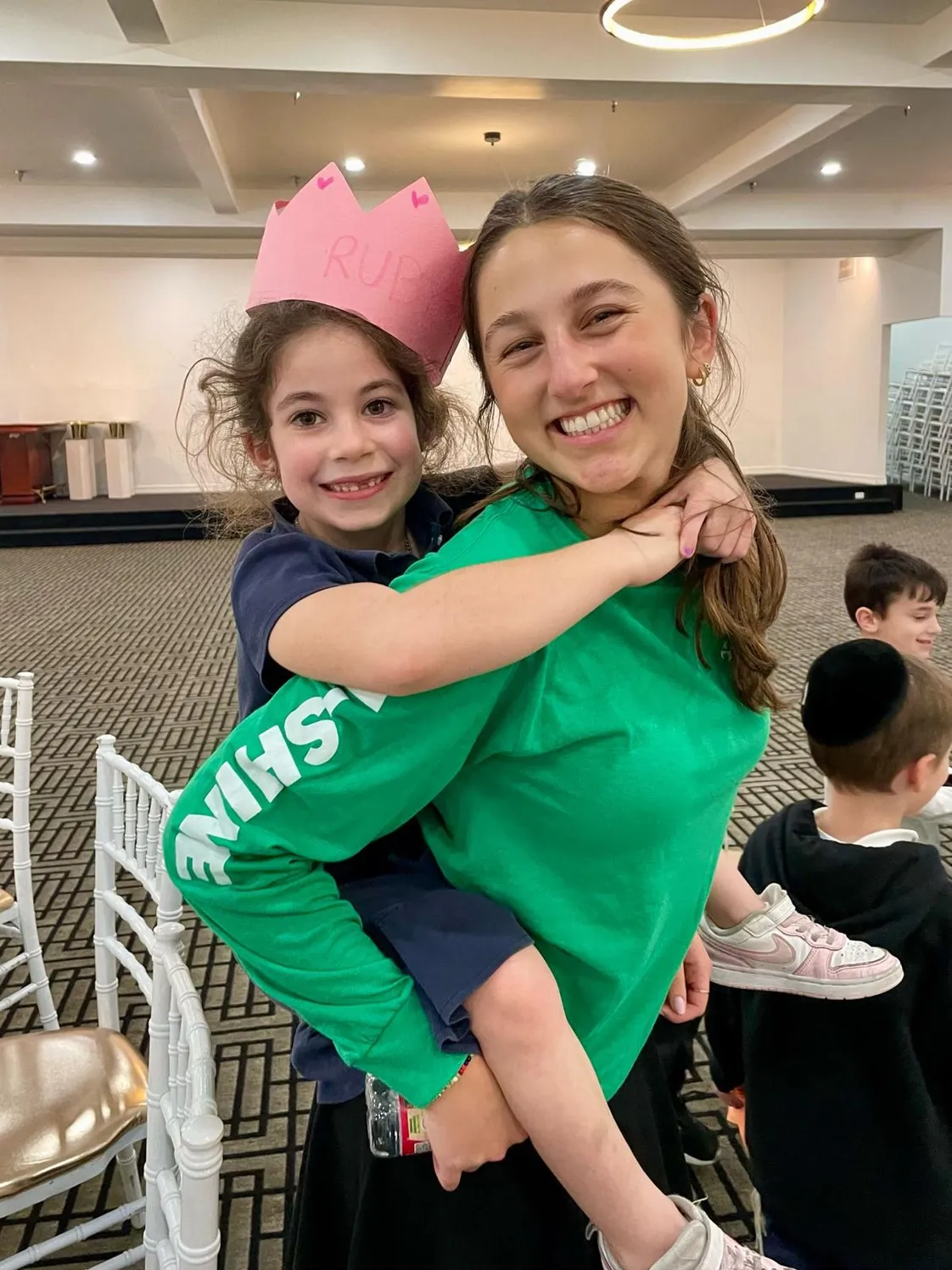Glass children' can feel ignored as siblings fight illness. Teens are stepping in to help.
- Ani

- May 27
- 4 min read
When Sara Kessler lost her 2-week-old baby, big sister Ruby, then 5, had trouble coping. A year and a half later when Kessler's next baby, Liv, fell seriously ill, Ruby was worried.
"She had a hard time," Kessler said. "She also wanted to know, 'Is this baby going to die, too?'"
Ruby is now 8, with a second little sister and is doing better. Kessler, of Los Angeles, gives a lot of the credit to an afterschool program geared towards kids just like her.
I Shine, which also has locations in Baltimore, New Jersey, New York, Florida and Phoenix, helps elementary- and middle school-age kids whose siblings are battling serious illnesses. It gives them a place to be themselves, to feel a sense of normalcy and to connect with teen mentors who provide a safe space to express their feelings.
"It's been a godsend," Kessler said. "(Ruby) goes right from school, and they give her all this extra love and attention."
'Glass children' can feel overlooked
When a child is sick, it affects the whole family, said Rabbi Simcha Scholar, the CEO of Chai Lifeline, which runs I Shine.
Chai Lifeline, funded through private donations, has nearly 4,800 volunteers across the U.S. and other countries and offers a host of programs to help children, their parents and their siblings as they navigate illness, disability, loss and grief.
A June 2022 report found that nearly 250,000 children in the U.S. have siblings with serious illnesses.
The Cleveland Clinic describes the experiences of children whose siblings are seriously ill or have chronic special needs requiring a lot of extra support from parents, medical professionals and others: Sometimes called "glass child syndrome," it's a feeling of being overlooked, as parents focus their attention on the child undergoing a health crisis. Siblings may develop complicated feelings: resentment, jealousy, guilt, grief.
"When a child is ill, mom and dad stop regular life and spend as much time as they can with that child," Scholar explained. "All of sudden, everything changes. You have a normal family, and they have dinner and sports and activities and homework but when something traumatic like illness happens, all those things might have to stop."
As families navigate the health care system and deal with one child's illness, Scholar said, "What happens to the little things? To the normal family structure? There can be an incredible amount of isolation when these things happen."
Siblings of kids with chronic or serious illnesses deal with many unfortunate consequences of the illness, Scholar said: "You can't blame parents, of course. But there can be a lot of disappointment... It's hard enough to be a kid in this world, and they can feel guilty" about what would otherwise be normal sibling interactions: a harsh word, a fight over a toy, feelings of jealousy.
Families can't control so much about illness. "But what we can do is empower people to control its effects," Scholar said. "Doctors may cure the illness, but we need to make sure everyone in the family is healthy to enjoy that medical victory, and to do that, it helps to keep their situation feeling as normal as possible."
Get the Diddy on Trial newsletter in your inbox.
Inside the courtroom for the trial of Sean 'Diddy' Combs.
Delivery: Varies
Your Email
Little kids, big feelings
Twice a week, I Shine kids meet with a group of high school student volunteers. They can receive homework help, have dinner and participate in games and other activities. They can talk about their home situations — or use the time away as a respite, an escape from the stress, a place to just have fun.
Hannah Zelkha, a senior at YULA High School in Los Angeles, has volunteered at that area's I Shine program for four years, and the 17-year-old said it's taught her a lot about children and herself.
"What's so beautiful is the resilience children have," Zelkha said. "They have such a joy for life, and it's unstoppable no matter what's going on. It's very meaningful to see."
The program shifts the big buddy-little buddy pairings so different teens can work with different children. For Zelkha, it's given her a shift in outlook, a way to put teenage concerns into perspective. "People get caught up in stuff in high school, but to see someone going through so much, so young, and you see that they feel such big things, you learn kids are not simple. They have very complex emotions, very deep thoughts."
It's also helped her focus. Teens have to turn in their phones at the start of each I Shine session, which has driven home the value of giving someone her undivided attention, she said.
For Sara Kessler, I Shine been a balm for a mom who's a full-time caretaker, stretched and stressed by the pressure of a child with an illness. "I don't always have time to give (Ruby) all the attention she needs," said Kessler, whose daughter Liv is still in treatment for lung disease and immune issues. "(I Shine) has taken a lot off my plate and that alleviates so much stress."
The "loving and fun" environment helps give 8-year-old Ruby a place where she can make friends, enjoy herself and interact with older kids whom she can look up to as role models.
And by proving dinner and school support, it helps make the time Kessler spends with Ruby that much more meaningful, without the stress of meal preparation or homework headaches.
"Instead, we can spend that time talking, reading together or bonding," Kessler said. "We love them — they really think of everything."





























































Comments